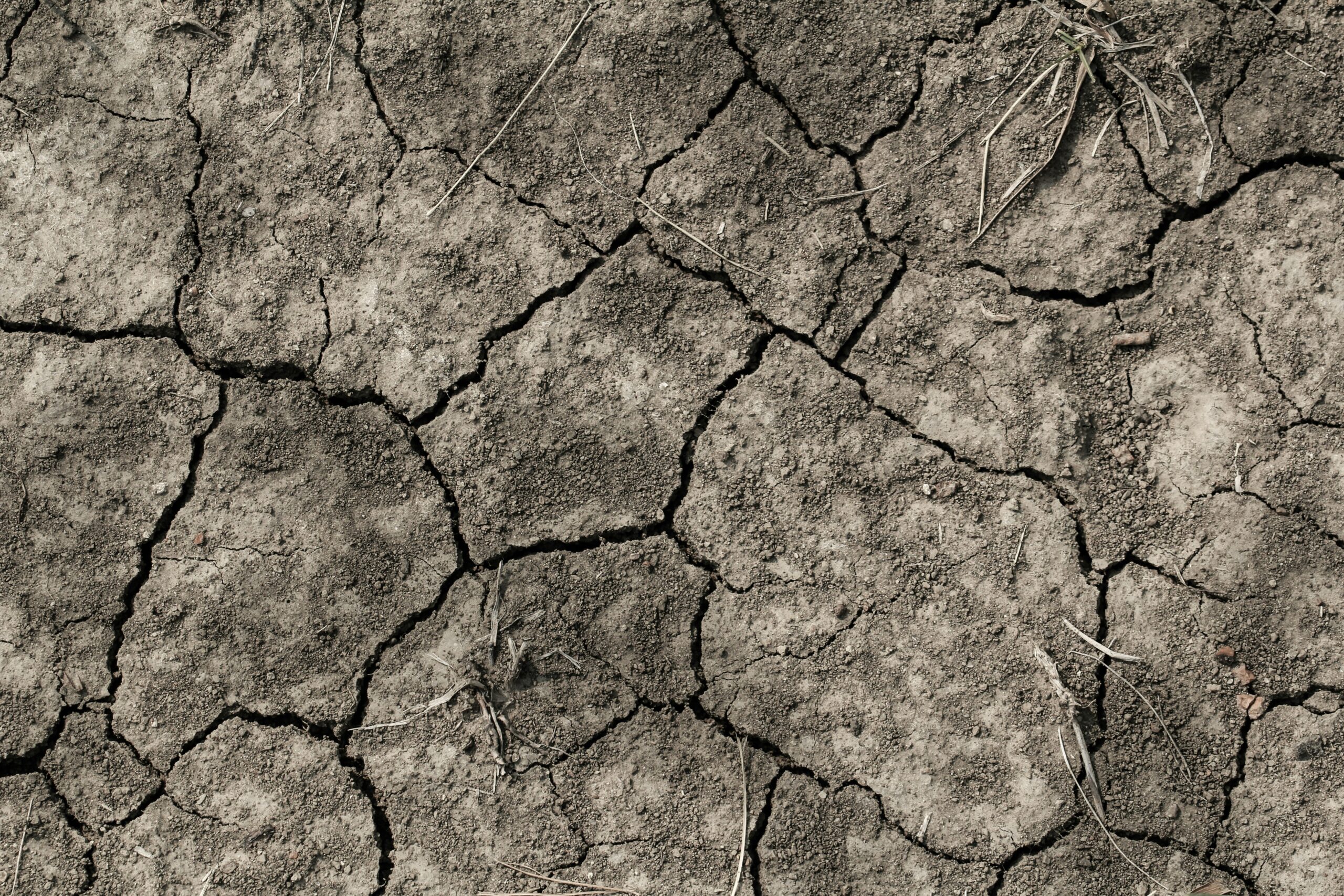Are you wondering how to get ready for a heatwave advisory? With temperatures rising and the sweltering summer days ahead, it’s important to be proactive and ensure your safety. The key is to stay cool, hydrated, and protect yourself from the scorching heat. In this article, we will discuss some essential tips on how to prepare for a heatwave advisory, so you can enjoy the summer while staying safe and comfortable.

Understand Heatwave Advisory Terminology
Heatwave advisories are issued by meteorological organizations to notify the public about extreme heat conditions. It’s important to understand the different terms used in these advisories so that you can take appropriate actions to stay safe.
-
Excessive Heat Watch: This means that conditions are favorable for a prolonged period of extremely hot temperatures. It’s a warning that excessive heat is possible and you should start preparing for it.
-
Heat Advisory: When a heat advisory is issued, it means that the actual or forecasted temperatures are expected to be high enough to cause potential health risks. This is a call to take precautions and protect yourself from heat-related illnesses.
-
Excessive Heat Warning: The most serious of all heatwave advisories, an excessive heat warning is issued when the temperatures reach critical levels that pose a significant threat to public health and safety. It’s crucial to take immediate action to prevent heat-related illnesses and stay safe during this time.
Stay Informed About The Weather
To stay safe during a heatwave, it’s essential to stay informed about the current weather conditions and any updates or warnings issued by meteorological authorities. Here are some ways to stay informed:
-
Monitor local news channels and weather updates: Regularly check your local news channels for weather reports and updates. Meteorologists provide valuable information about heatwave advisories and offer tips on how to stay safe.
-
Use weather apps for real-time tracking: Install weather apps on your smartphone that provide real-time updates on weather conditions. These apps often send notifications when there are heat advisories or alerts in your area.
-
Sign up for local emergency notifications if available: Many cities and regions have emergency notification systems that send alerts to residents during emergencies, including extreme heat events. Sign up for these notifications to receive timely information and instructions on how to protect yourself and your loved ones.
Prepare Your Home
Preparing your home for a heatwave is crucial to ensure that you have a safe and comfortable living environment during the extreme heat. Here’s what you can do:
-
Install air conditioners or prepare fans: Air conditioners are highly effective in cooling down your home, but if you don’t have one, make sure you have fans that can circulate air and provide some relief. Place them strategically in rooms where you spend the most time.
-
Check home insulation: Make sure your home is well-insulated to prevent excessive heat from seeping in. Insulate windows, doors, and walls to keep your home cool and reduce the need for excessive air conditioning.
-
Consider window covers or shades to block out the sun: Install blinds, curtains, or shades on windows that receive direct sunlight. This will help reduce heat gain and keep your home cooler.
-
Prepare a cooler room in the house for extreme heat: Designate a room in your home as a cool sanctuary during a heatwave. This room should be well-ventilated and have fans or air conditioning. Stock it with plenty of water, snacks, and other necessities.
Create A Plan
Having a plan in place helps you stay organized and prepared during a heatwave. Here are some important aspects to consider when creating your heatwave plan:
-
Plan your day to avoid the peak heat hours: Schedule outdoor activities, errands, and workouts during the cooler parts of the day, such as early morning or late evening. This reduces your exposure to extreme heat.
-
Create an emergency communications plan with family members: Discuss and establish a communication plan with your family. Determine how you’ll stay in touch during a heatwave and what actions to take in case of an emergency.
-
Identify nearby cooling stations or public facilities: Find out where the nearest cooling stations or public buildings with air conditioning are located. These places can serve as temporary refuges during the hottest hours of the day.

Keep Yourself Hydrated
Staying hydrated is crucial during a heatwave to prevent dehydration and heat-related illnesses. Here’s how you can ensure you stay properly hydrated:
-
Increase water intake: Drink plenty of water throughout the day, even if you don’t feel thirsty. Aim to drink at least eight glasses of water daily to replace the fluids lost through sweat.
-
Limit intake of alcohol or caffeinated drinks: Alcohol and caffeinated beverages can contribute to dehydration, so it’s best to limit your consumption during a heatwave. Opt for water, herbal teas, or electrolyte-rich drinks instead.
-
Use water-rich food items in your diet: Incorporate water-rich foods such as fruits and vegetables into your diet. These not only provide essential nutrients but also contribute to your overall hydration.
Dress Appropriately
Choosing the right clothing can make a significant difference in staying comfortable and protected during a heatwave. Here are some tips for dressing appropriately:
-
Wear loose, lightweight, and light-colored clothing: Loose-fitting clothes made of breathable fabrics such as cotton or linen allow air to circulate and help cool your body. Light-colored clothing reflects heat and sunlight, keeping you cooler.
-
Use sunscreen and a hat if possible: Protect your skin from the sun’s harmful rays by applying sunscreen with a high SPF. Additionally, wearing a wide-brimmed hat can provide shade to your face and neck, reducing the risk of sunburn.
-
Use sunglasses to protect your eyes: Excessive sun exposure can harm your eyes. Wear sunglasses that block both UVA and UVB rays to safeguard your eyes from damage.

Know the Symptoms of Heat-Related Illnesses
Understanding the symptoms of heat-related illnesses is crucial for early detection and appropriate response. Here are some common heat-related illnesses and their symptoms:
-
Heat stroke: Heat stroke is a severe condition that requires immediate medical attention. Symptoms include high body temperature, confusion, dizziness, fast heart rate, strong and rapid pulse, headache, and unconsciousness.
-
Heat exhaustion: Heat exhaustion is a milder form of heat-related illness. Symptoms include heavy sweating, weakness, dizziness, nausea, headache, fast and shallow breathing, and cool, clammy skin.
It’s important to note that anyone experiencing symptoms of heat stroke should be brought to a cool place, provided with water, and emergency services should be contacted immediately.
Take Extra Care Of The Vulnerable
Certain individuals, such as the elderly, children, and pets, are more vulnerable to the effects of extreme heat. Here’s how you can take extra care of them:
-
Keep a close eye on elderly family members, children, and pets: Check on them frequently to ensure they are coping well with the heat. Look out for any signs of distress or heat-related illnesses.
-
Never leave children or pets in a parked car during a heatwave: Temperatures inside a parked car can quickly reach dangerous levels, causing heatstroke or even death. Always take your children and pets with you when leaving the car, even if it’s just for a few minutes.
Protect Your Pets
Pets also need extra care and attention during a heatwave. Here’s what you can do to protect your furry friends:
-
Ensure your pets have plenty of fresh and cool water: Keep their water bowls filled with fresh, clean water and place additional bowls in different areas of your home. This ensures that they stay hydrated throughout the day.
-
Keep your pets indoors or provide a shaded area outdoors: Limit your pet’s exposure to direct sunlight and opt for indoor or shaded areas. You can also use shades or umbrellas to create shaded spots in your outdoor space.
Remember, pets can suffer from heatstroke too. If you notice any signs of distress or excessive panting in your pet, contact a veterinarian immediately.
Check on Your Neighbors
During a heatwave, it’s essential to look out for one another, especially those who may be more vulnerable. Follow these steps to be a good neighbor:
-
Regularly check on elderly or vulnerable neighbors: Reach out to your neighbors, especially those who live alone or have limited mobility. Offer assistance or support in any way possible to ensure their safety and well-being.
-
Offer help if they need to prepare their homes for upcoming heatwaves: Some neighbors may need assistance in installing air conditioners, fans, or making other preparations for extreme heat. Offer your help if you are able to provide it.
-
Encourage them to stay hydrated and cool: Remind your neighbors to stay hydrated, wear appropriate clothing, and stay in cool spaces during the hottest hours of the day. Offer tips and advice to help them stay safe and comfortable.
By taking these steps, you can build a strong and supportive community that looks out for each other’s well-being during heatwaves.
In conclusion, preparing for a heatwave advisory involves understanding the different terminology, staying informed about weather conditions, preparing your home, creating a plan, staying hydrated, dressing appropriately, recognizing the symptoms of heat-related illnesses, taking care of vulnerable individuals, protecting your pets, and checking on your neighbors. By following these guidelines, you can ensure your safety and the safety of those around you during extreme heat events. Stay cool and stay safe!

